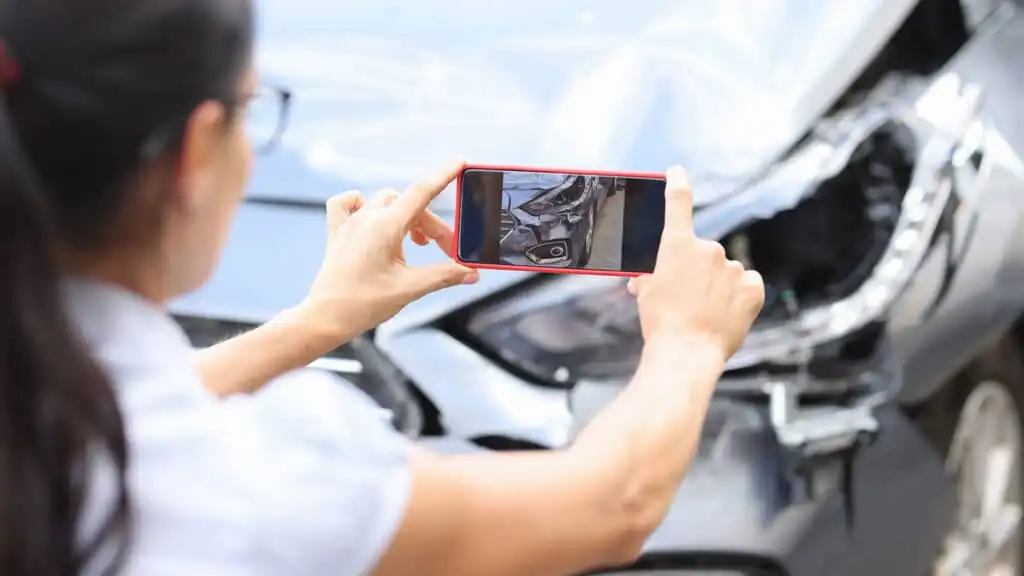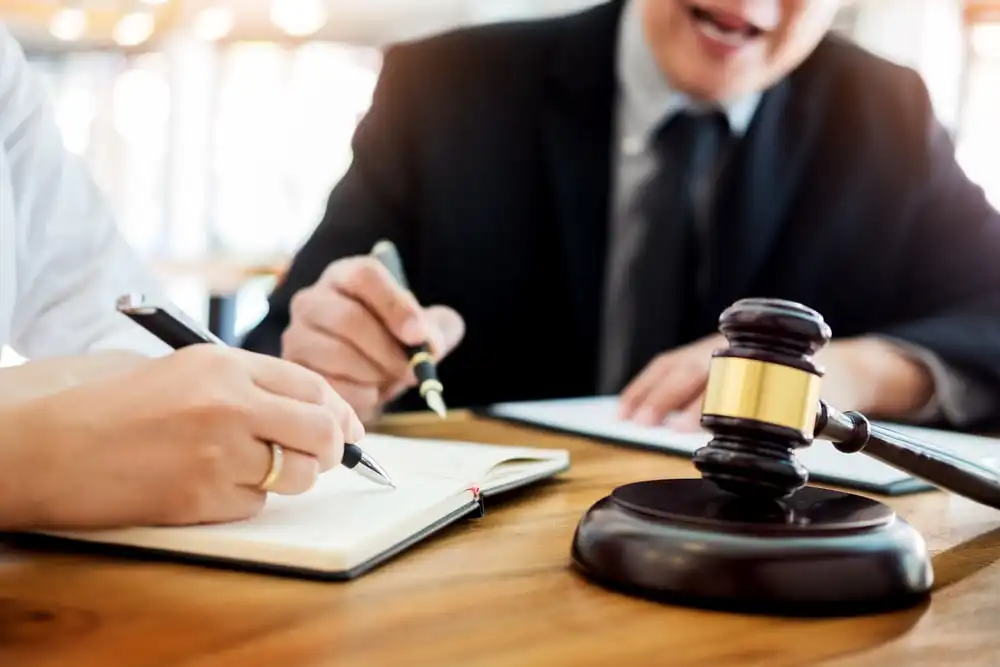Car accidents can be overwhelming and chaotic, leaving you stressed and unsure of what to do next. In the aftermath, many people make mistakes that can hurt their chances of getting fair compensation. Whether it’s dealing with insurance companies, interacting with the other driver, or failing to seek medical help, your actions right after a car accident are crucial.
In this blog, we’ll outline the top 5 mistakes people often make after a car accident and explain how to avoid them. By following these steps, you can protect your rights, improve your chances of a successful claim, and make the process as smooth as possible.
1. Not Seeking Medical Attention Right Away
Why It’s a Mistake:
After a car accident, you may feel fine or think your injuries are minor. However, some injuries, like whiplash or internal injuries, may not show immediate symptoms. Failing to seek medical attention right away can not only delay your treatment but also hurt your case.
How It Affects Your Case:
If you don’t seek medical attention immediately, the at-fault party or their insurance company may argue that your injuries were not severe or were caused by something else. This can lower the value of your claim or even cause it to be denied.
What to Do Instead:
Always seek medical attention after an accident, even if you feel fine. A doctor will assess your condition and document your injuries, which will be important for your case. Keep all medical records and receipts, as they will be used to support your claim.
2. Admitting Fault or Apologizing to the Other Driver
Why It’s a Mistake:
It’s common to want to be polite or to ease tensions after an accident, but admitting fault or apologizing can hurt your case. Even if you think you may have caused the accident, it’s crucial not to make any statements that could be interpreted as an admission of liability.
How It Affects Your Case:
Any admission of fault, even something as simple as “I’m sorry,” can be used against you by the other driver’s insurance company. It can be seen as an acknowledgment that you are responsible for the accident, which may reduce or eliminate your ability to claim compensation.
What to Do Instead:
Stick to the facts. Avoid admitting fault or making any statements that could be misconstrued. Be polite, but don’t engage in discussions about liability. Leave the determination of fault to the authorities and insurance companies.
3. Failing to Gather Evidence at the Scene
Why It’s a Mistake:
Evidence is key to proving your side of the story. Failing to gather evidence at the scene can make it more difficult to support your claim later on. Without photos, witness statements, or police reports, it may be harder to show that the other driver was at fault.
How It Affects Your Case:
If you don’t gather sufficient evidence at the scene, it could be more challenging to prove your case to the insurance company or in court. In the absence of clear evidence, you may not receive the full compensation you deserve.
What to Do Instead:
Take as many photos as possible, including pictures of the damage to your car, the other driver’s vehicle, the surrounding area, and any visible injuries. If there are witnesses, ask for their contact information. Be sure to call the police so they can create a report, which will be essential for your claim.
4. Talking Too Much to the Insurance Adjuster
Why It’s a Mistake:
After the accident, the other driver’s insurance company may contact you for a statement. While it’s important to cooperate, talking too much or providing overly detailed information can be detrimental to your case.
How It Affects Your Case:
Insurance adjusters may try to get you to make a statement that can be used to minimize your claim. They may twist your words or pressure you to settle for less than you deserve. Giving a statement too soon or without proper legal advice can hurt your chances of getting full compensation.
What to Do Instead:
Limit your conversation with the insurance adjuster. Only provide the basic details of the accident and avoid speculating or discussing injuries in-depth. It’s a good idea to consult with a car accident lawyer before giving a statement to ensure that your rights are protected.
5. Accepting the First Settlement Offer
Why It’s a Mistake:
Insurance companies often make quick settlement offers right after an accident. While this may seem like a good way to get the situation resolved quickly, it’s usually far less than what you are entitled to, especially if you haven’t fully assessed the long-term impact of your injuries.
How It Affects Your Case:
Accepting the first offer from an insurance company can result in you being undercompensated for medical bills, lost wages, pain and suffering, and other damages. Once you accept a settlement, it’s typically final, and you cannot request more money later.
What to Do Instead:
Always consult with an experienced car accident lawyer before accepting any settlement offers. Your lawyer can help you assess the full extent of your damages and negotiate for a fair settlement that covers all of your current and future expenses.
Conclusion
The moments following a car accident can be overwhelming, but how you respond can make a big difference in the outcome of your case. By avoiding these common mistakes—failing to seek medical attention, admitting fault, neglecting to gather evidence, talking too much to the insurance adjuster, and accepting a low settlement—you can protect your rights and ensure that you receive the compensation you deserve.
If you’ve been involved in a car accident, don’t navigate the process alone. Contact an experienced car accident lawyer who can guide you through the legal process and help you get the compensation you deserve.




